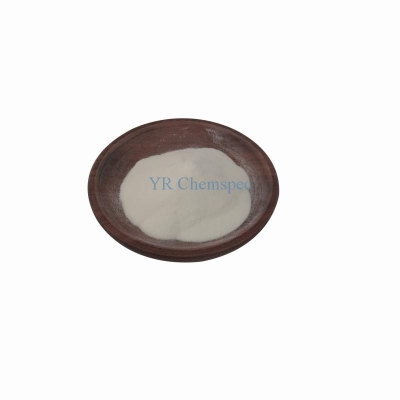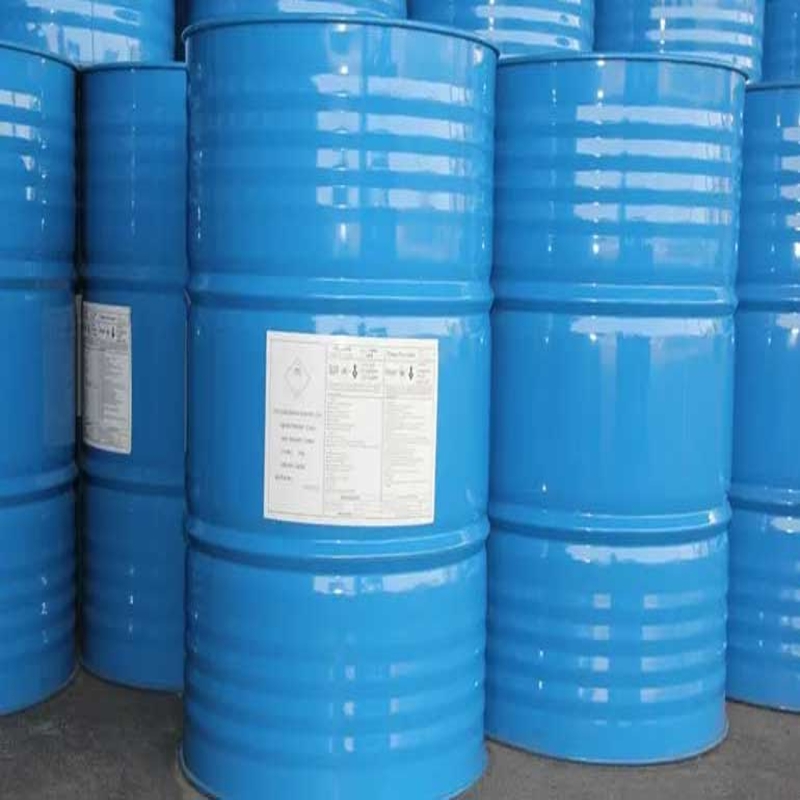-
Categories
-
Pharmaceutical Intermediates
-
Active Pharmaceutical Ingredients
-
Food Additives
- Industrial Coatings
- Agrochemicals
- Dyes and Pigments
- Surfactant
- Flavors and Fragrances
- Chemical Reagents
- Catalyst and Auxiliary
- Natural Products
- Inorganic Chemistry
-
Organic Chemistry
-
Biochemical Engineering
- Analytical Chemistry
-
Cosmetic Ingredient
- Water Treatment Chemical
-
Pharmaceutical Intermediates
Promotion
ECHEMI Mall
Wholesale
Weekly Price
Exhibition
News
-
Trade Service
BASF and Dürr carry out an eco-efficiency analysis of the coating process
BASF and Dürr have carried out a comprehensive eco-efficiency analysis of automotive coating processes, which show that the integrated wet-to-wet or no-use process has significant economic and environmental advantages
in OEM coating.
Painting is the most energy-intensive part
of automotive manufacturing.
Achieving an optimal balance of volatile organic compounds (VOCs), energy consumption and CO2 emissions is essential
.
BASF's eco-efficiency analysis begins with the procurement of raw materials, manufacturing of products and waste disposal, and analyzes the entire life cycle of a product or process, focusing on the balance
between the environmental impact and cost-effectiveness of the product.
The water-based process of the medium paint coating process consumes more energy, and the carbon dioxide emissions are higher than that of solvent-based paints, but the solvent emissions are significantly lower
than those of solvent-based paints.
The integrated process is a streamlined coating process without a baking process, which offers significant advantages in terms of energy consumption, CO2 balance and organic compound emissions, and can reduce energy consumption and CO2 emissions by 20%.
The new and improved coating lines and coating technologies can significantly reduce energy consumption if the paint booth uses recirculated air operation, and its post-combustion technology can efficiently remove solvents from the air, thereby improving the ecological efficiency
of the process.
Dr.
Alexander Haunschild, Head of BASF's Automotive OEM Solutions division, said: "This eco-efficiency analysis helps BASF to develop targeted recommendations for its customers and to provide automotive manufacturers with the most environmentally friendly and cost-effective solutions
.
(Lijun)







